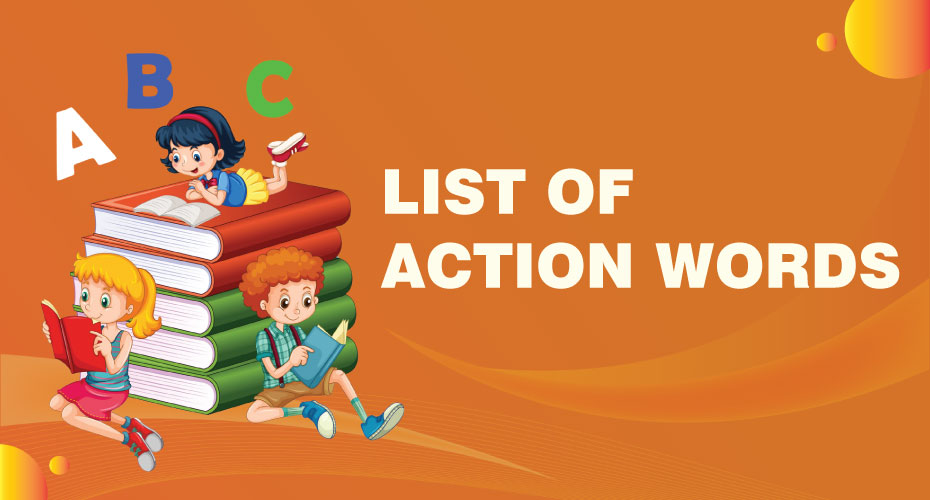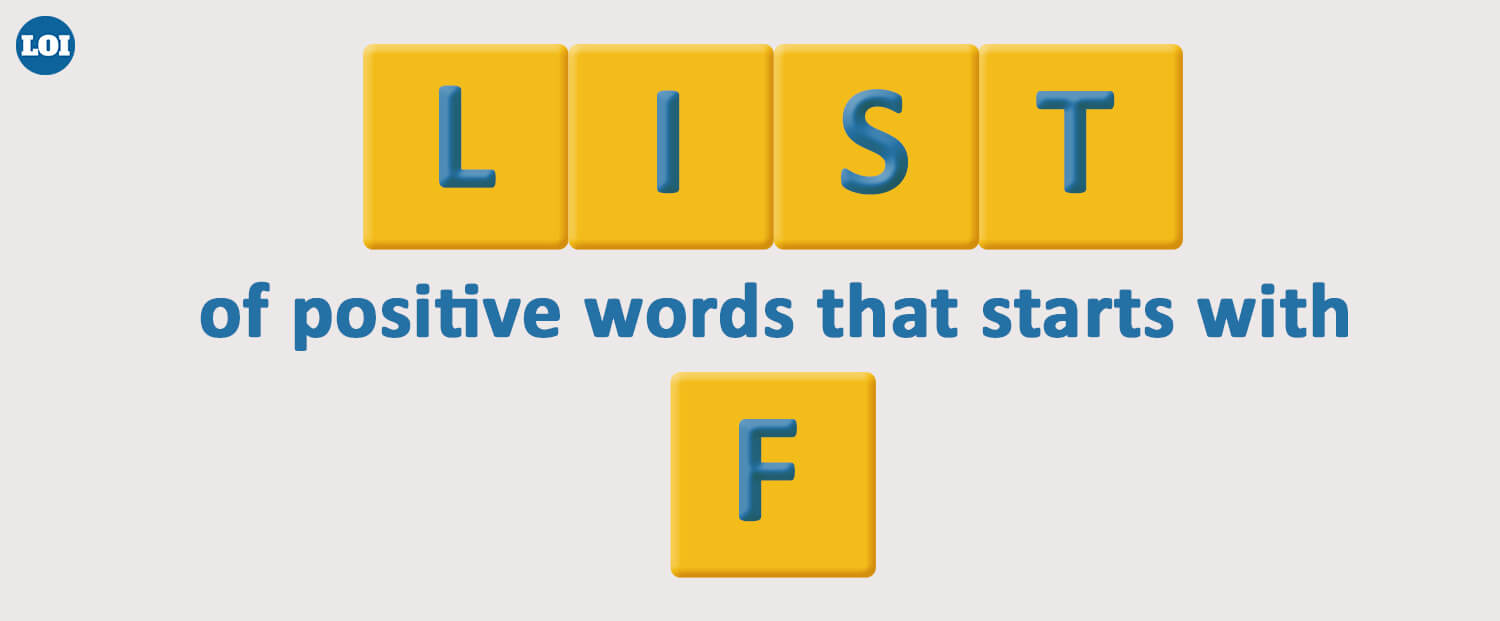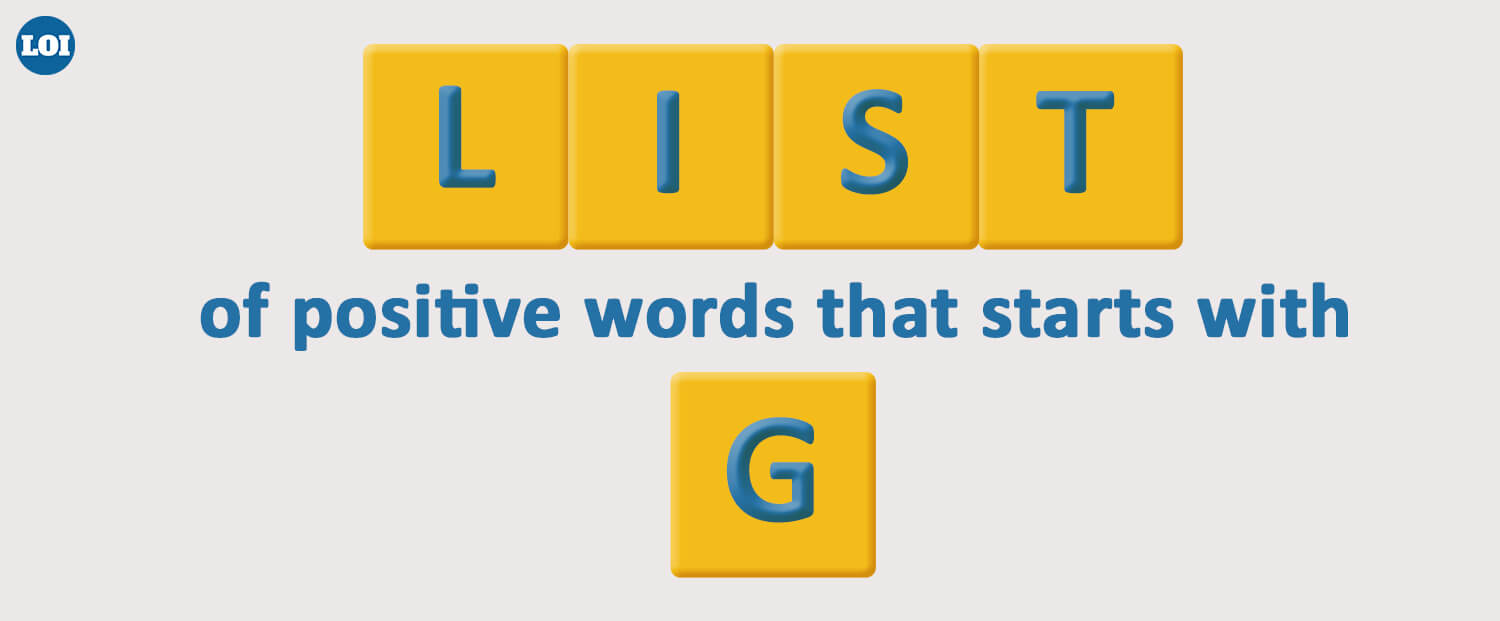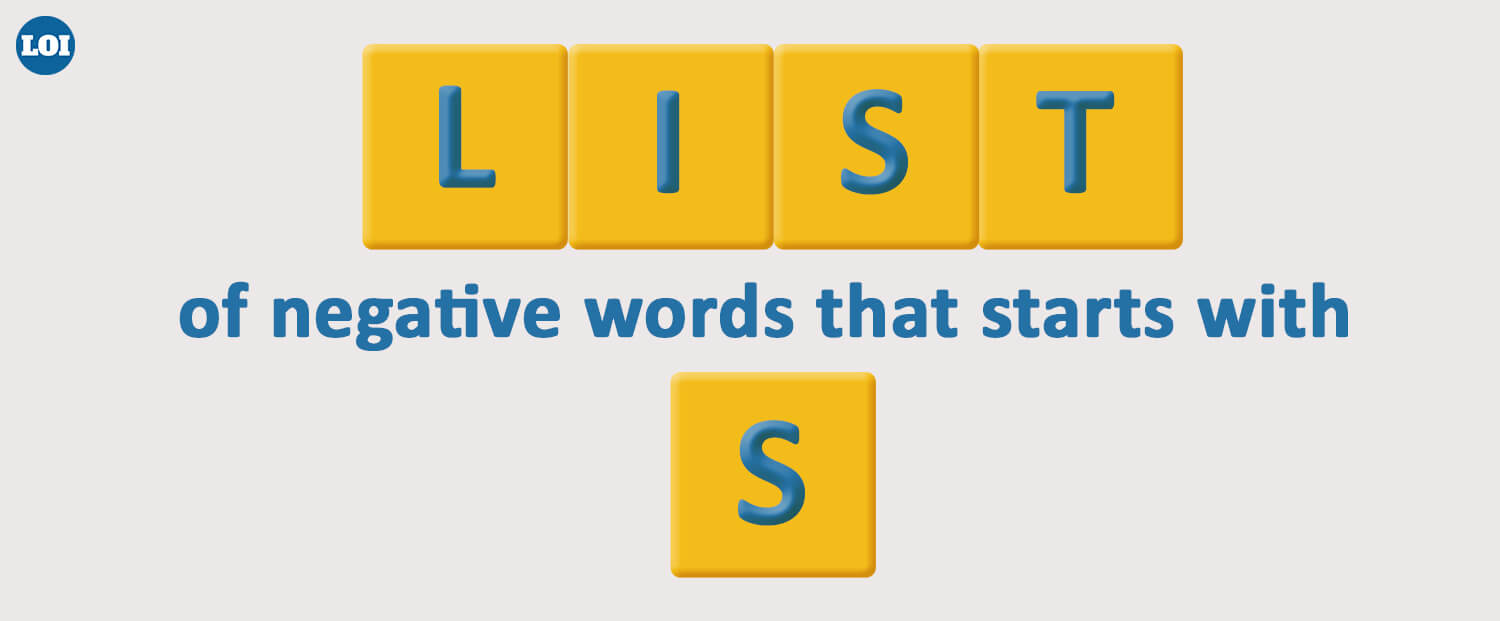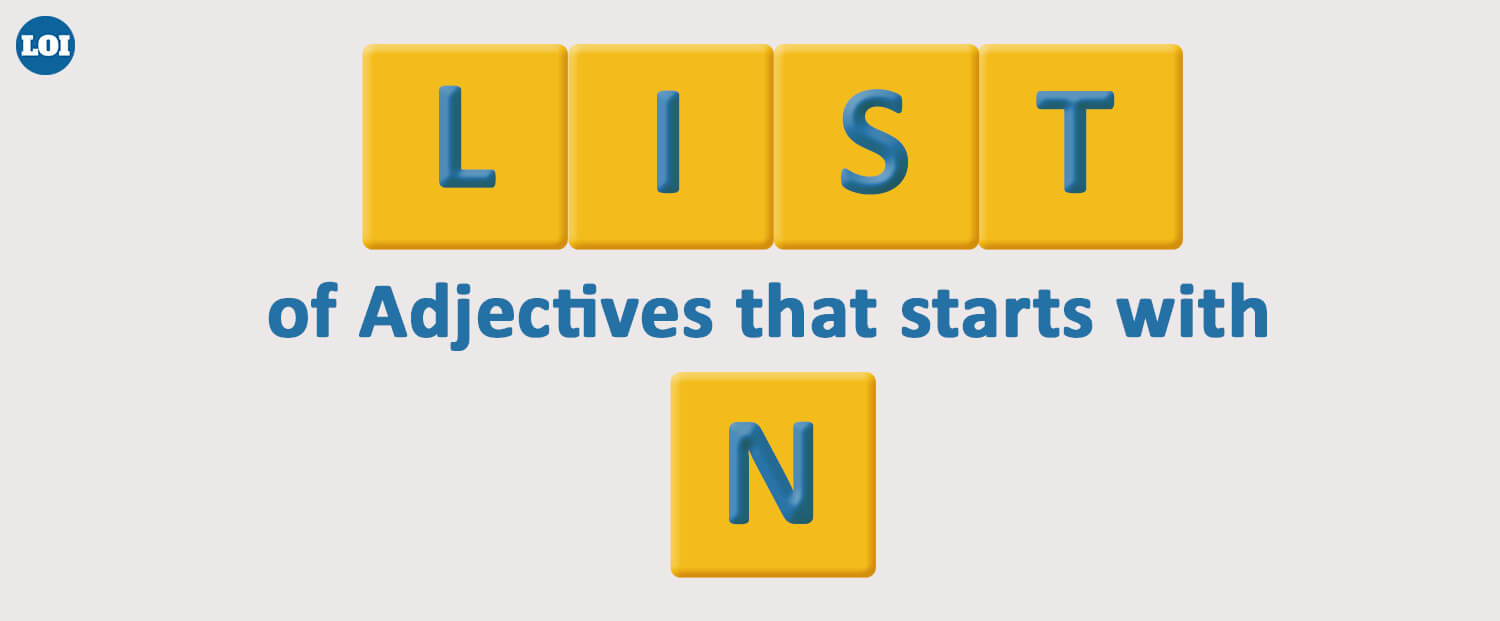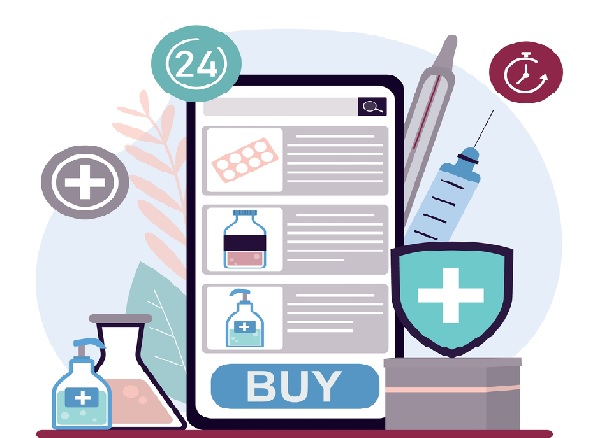What would you do if your child felt sick, your father developed diabetes, or your sister was diagnosed with blood cancer? The gist of the healthcare industry is to promote health, heal, provide treatment, and escalate the living standards of people.
Nowadays, the hospital industry is adopting the use of mobile applications to streamline communication between patients, providers, and caregivers. Mobile app development is a secure platform that manages and accesses imperative healthcare data without compromising the security of data.
Mobile application in the healthcare industry – A secure two-way messaging.
Mobile health technology is becoming the patient-preferred way to log in to patient portals, track their treatment steps, launch a telehealth visit, and manage their medications.
Advantages:
1. Improves medication adherence
It is strenuous to track and control the medication of a patient after he/she leaves the hospital. Poor medication adherence is one of the indispensable reasons for poor management of a patient’s chronic condition. Hence, mobile applications improve this by giving features like automated medication and refill reminders.
2. Increases medication safety, therefore patient safety.
Commonly, numerous patients don’t recall the names and dosages of the medications. It is a huge problem for elderly patients, polypharmacy patients, and other high-risk patients. So, mobile applications improve patient safety by closing the information gap among doctors and patients. Mobile applications give a bird-eye view of all the medications that have been prescribed to patients.
3. Improves communication and coordination
Connecting with co-workers, patients, and colleagues regarding appointments and facility coverage requirements is a strenuous task. With the help of mobile applications, physicians and staff can have secure messaging and texting, health record access, and cellular phone calls.
Applications are also used to alert the patients about the time left in operation, medications, and more. Through a mobile app development lifecycle, it becomes easy to see the entire picture of a patient. Wherever they’ve been, whoever has treated them, and for what purpose.
4. Make patient monitoring convenient and easy
Remote patient monitoring enables patients to use mobile devices for gathering, entering, and collecting health data and transmit it to healthcare providers. Without mobile health technology, continuous tracking and monitoring of data would be inconvenient or not possible at all.
Through remote patient monitoring, doctors and clinicians can ensure that patients are following hospital discharge instructions and taking their medication on time. Types of data include
- Diet data trackers
- Glucose meters
- Weight, blood pressure, and heart rate monitors
5. Gives faster access and care to patients
Mobile applications enable patients to secure messages, schedule patients and connect to providers rapidly and instantaneously. There is no need to take an off from work for visiting the clinic.
6. Reduction in medical bills and expenses
Medical expenses are not affordable by many. Instead of going to the clinic for checkups, people now rely on mobile applications. Some of the exorbitant medical facilities could be replaced and availed by mobile applications. These applications are not heavy on the patient’s pocket.
7. Opportunity emergence
The medical staff has started making referrals through mobile health applications like referrallIMD. They do not follow the old-age trend anymore. Nowadays, mobile applications are being used for many other healthcare purposes like women’s health, pregnancy care, reducing weight, and elderly healthcare.
8. Reduces the risk of the wrong diagnosis
Previously, we used to hear about a myriad of cases of people who had been wrongly diagnosed and even lost their lives. But with the introduction of health care mobile applications, accurate and correct reports are provided by patients to doctors.
9. Blessing in far-remote areas
Since smartphones and the internet are reaching home to home, rural areas are also reaping the benefits of healthcare applications. They could book their appointments with reliable doctors and could purchase the medicines online without traveling to the hospital. They could also get essential health tips through push notifications.
10. Optimal and instant solutions to patients
Long waiting queues and procrastination in appointments are mainly due to a large number of patients that doctors have to see every day. To facilitate the burden on hospitals and clinics, mobile applications came in. By deploying the data of patients for creating profiles in healthcare applications, doctors can provide win-win solutions to individual patients in a given period.
11. Secure payment options
Standing in a queue and waiting to pay your medical bill is no more a going concern. Since secured payment gateways are integrated into mobile applications, bill payment becomes a hassle-free process. Patients have to use a preferred payment mode (debit card, credit card, and cash) to pay the bills within given time constraints. Also, if you forget to make a payment, these applications send notifications as a reminder.
12. Simplified healthcare with the internet of things (IoT)
IoT tends to simplify tasks for healthcare professionals. Connecting data from healthcare devices like wearable and transferring it to the healthcare service provider is exceedingly easy through functional and well-constructed mobile applications. IoT collaborates with health care applications to deliver better care to patients while generating revenue opportunities for stakeholders.
13. Patient care at home
Mobile applications update the doctors and clinicians about the symptoms and ailing health conditions of the patient. These applications check the systems and make a report. By following the report, the doctors might take decisions and offer prescriptions that could be accessed through an application.
14. Getting the check-up done in Covid Period
Hospital and healthcare workers throughout the globe are making valiant efforts to save lives during the pandemic period. As coronavirus hits the healthcare industry, practicing social distancing is the only way to ease the burden on the hospitals. But have you ever thought about non-corona patients? How do they get help? The answer is simple. Healthcare mobile applications.
Conclusion
So here, we discussed how versatile and functional mobile applications are helping society as a whole in providing accurate and prompt services to the patients. The benefits of mobile applications continue to expand and evolve.
